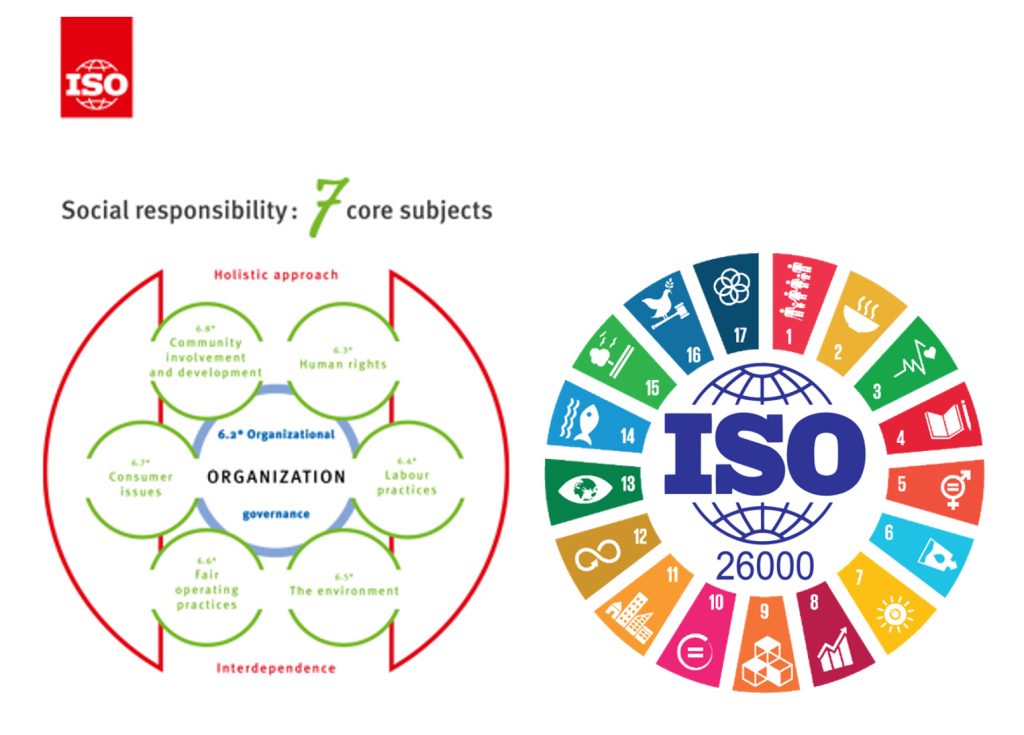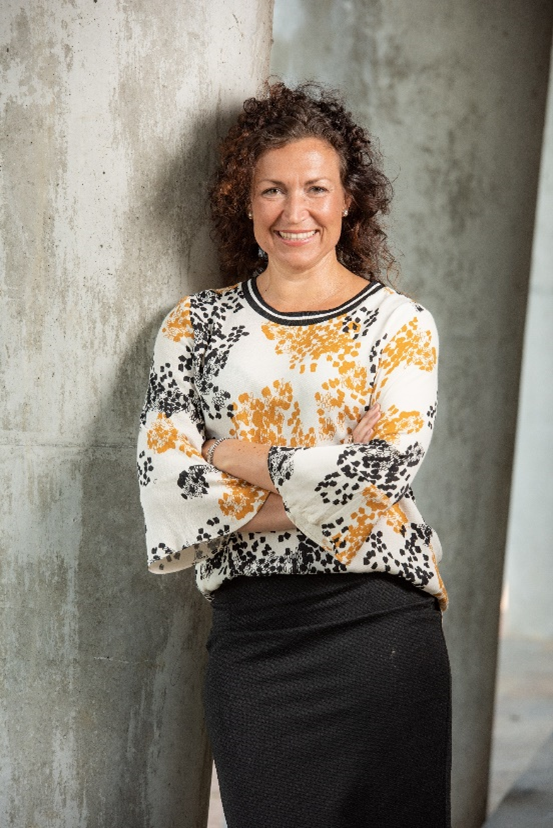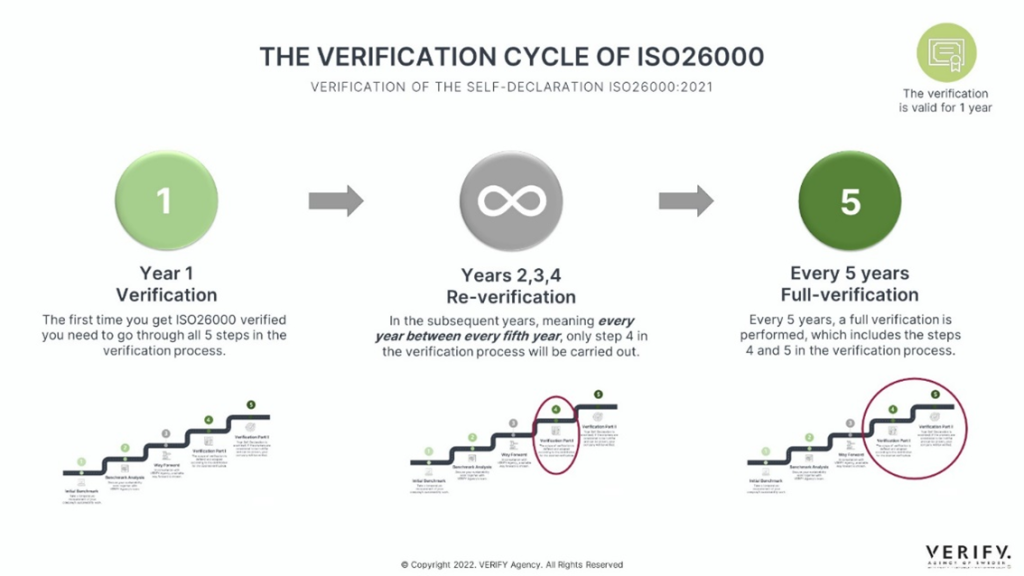Responsibility and sustainability are important values and aspects for any modern company. They affect almost all operations from brand and communications to sales and production chain management. Nowadays, we are also happy to see that responsibility and sustainability aspects affecting ability to attract funding from private and public sources. Many investors have replaced the requirement of “do no significant harm” with “do measurable positive impact”. However, a lot of small companies find these themes quite difficult to approach. Therefore, we want to give a concrete example on how to start working with responsibility and sustainability themes.
Case 3AWater
The long-term vision of 3AWater is to be a global brand offering tools for metal analysis of water enabling advanced water management for industries using large volumes of metal containing waters such as mining and metal industries. The advanced water management means more efficient use and reuse of the water resources, less and cleaner waters discharged to nature or sewage without sacrificing the production efficiency. Therefore, working to improve sustainability and responsibility are natural strategic choices for 3AWater and we want to make these themes one of our competitive advantages.
On a happy coincidence, we were introduced to Eva Vati from Vati of Sweden, who took us on their pilot program, which used ISO26000 responsibility standard as a framework to start the responsibility and sustainability work for ESG reporting. The pilot program was straight-forward. We answered to 50 questions based on the ISO26000 standard. Answering these questions build a good picture on where we were with responsibility and sustainability work: where we already are at a good level, what we should improve, and what aspects and actions should be prioritized in near future.
Many of the 50 questions focused on seven principles of responsibility. These are human rights, labour practices, the environment, fair operating practises, consumer issues, community involvement and organizational governance. For a small enterprise like us, several issues under these principles were not yet relevant and some issues we already had in good control. The main finding was that more documentation will be needed to formalize and to maintain the good practises we have as our organization grows. The questions covered also efforts related to mapping our stakeholder, their interests and priority, as well as supply and production chain related risks.
Another important part of the questionnaire was about Sustainable Development Goals defined by the United Nations, our potential contribution to these aims, and the implementation of these in our strategy. 3AWater can make an impact to SDG6: Clean Water and Sanitation, SDG14: Life on Land, and SDG15: Life Under Water. Metals in waters have serious adverse effects to humans, plants and animals. Frequent, easy, fast, and accessible monitoring is needed in regulation and treatment of industrial waters. The information our product gives can be used to make the right actions to prevent pollution of waters and to remediate already polluted waters as well as to make sure potable waters are clean and safe for consumption or irrigation.
Overall, the questionnaire required a bit of work including learning the terminology and reflecting our situation in this relatively complicated context. However, we found it worth the effort, since answering the questions gave us many ideas on where we are currently, where we want to be in future and what are the next steps related to the sustainability issues.

Date 8.12.2022 By Eva Vati

Eva Vati is a Sustainability Expert, Entrepreneur & Business Strategist who helps executives, businesses, and entrepreneurs to future-proof their companies.
She is the CEO & founder of several companies one of which is VATI of Sweden, one of the first consultancies in the world giving certification on integrating sustainability into business strategy. She’s also the founder of VERIFY Agency, a subsidiary verifying organizations’ sustainability and ESG work.
The company is accredited by Swedac, Sweden’s national accreditation body, and is the first company in the world accredited for verifying compliance.
Eva has a loyal community of over 25,000 followers committed to creating a better world by running businesses promoting sustainability, equality, and diversity .
ISO26000 standard for social responsibility
The global green tech & sustainability market is forecasted to reach USD 48.36 billion by 2027 according to Allied Market Research. Investors are like crazy to invest in sustainable companies or “impact companies” because this is the future.
All kinds of companies and brands are starting to use the word ‘sustainable’, ‘net-zero’, ‘100% slave-free’ in their marketing. Whether it’s a t-shirt made from ethical cotton or an ”eco” car – companies are increasingly keen to show off their green credentials. At worst, they make claims based on manipulated or biased research.
On the surface, this is good news. The climate crisis is the biggest threat to our existence, so if companies promise to reduce their carbon footprint, shouldn’t we celebrate?
Well, yes and no. We absolutely want to see a meaningful commitment from companies when it comes to the environment, but how can we tell the difference between real, positive commitments to change and how can we eliminate greenwashing? On what basis can investors, customers, business partners and consumers like you and me, verify the truth?
The truth is that in a world where greenwashing occurs, this has led to stakeholders being skeptical of companies’ sustainability promises. The key to eliminating greenwashing is therefore transparency. If transparency is the key to building trust among stakeholders, then verifiable data is the key to achieving transparency.
ISO26000 is an international guiding standard that will build the foundation of future ESG-reporting and is adopted in 80 countries.
What we do is to verify companies’ Self-Declaration as an accredited third party in accordance with ISO26000:2021. 3AWater was a pilot case for one of our course participants who became a Certified Impact Auditor. The course participant applied his knowledge directly to the pilot case and 3AWater obtained a pre-verification.
No matter if it’s a Swedish or a Finnish company or a company operating in Dubai, you can get your company’s sustainability work verified by VERIFY Agency as long as your country is one of the 80 countries that have adopted ISO26000.
By verifying your organization’s sustainability work by an accredited third party, you are transparent with what you do and show that you are reliable. This will strengthen your competitiveness and contribute to securing your organization’s future!

The EU is introducing CSRD which is the new legislation on reporting on Sustainability and ESG. By 2024, the largest companies will be affected, however, by 2026 all companies will be affected, even startups – and therefore it will be important for them to keep up to date with standards already today.
Verifying sustainability reporting is increasingly important to maintain the trust of investors, customers and employees and society at large. Therefore, the CSRD will be designed so that the reporting can be verified by an independent accredited body.

